


About three thousand years ago, a merchant crossed the Arabian Peninsula, carrying a few litres of goat's milk in a leather pouch to drink along the way. When he arrived, he had completely forgotten about the milk.
After ten days in the heat and the rocking motion of the camel, the milk had become solid and smelled strange. To the merchant's surprise, however, it tasted marvellous. He had invented cheese.
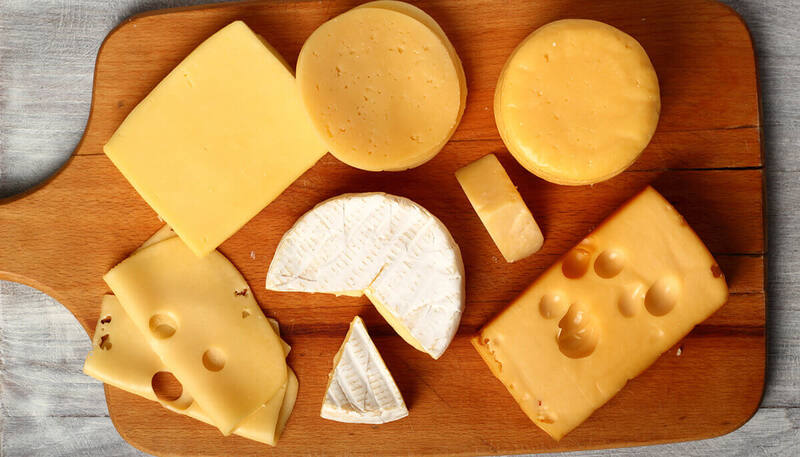
I learnt this just a few days ago and I haven't been able to let it go since. The history of food is fascinating. How come we eat spaghetti? Who brewed the first beer? Was it all coincidence, as in the case of the Arabian merchant and the cheese, or was it more purposeful experimentation that led to the food we eat today?
I have done a lot of research. Spent several weeks with Wikipedia. Here is the answer. It's much more violent than you can imagine.
From the time of the Egyptians onwards (approximately), most living people knew what they could and could not eat. From this time until now, especially during the Middle Ages, the food we have on the table today evolved.
This is when beer started to be brewed on a large scale and bread became part of almost every meal. A little later, around year 1600, the potato arrived in Europe and led to a revolution both culinary and in terms of population. The number of Europeans doubled.
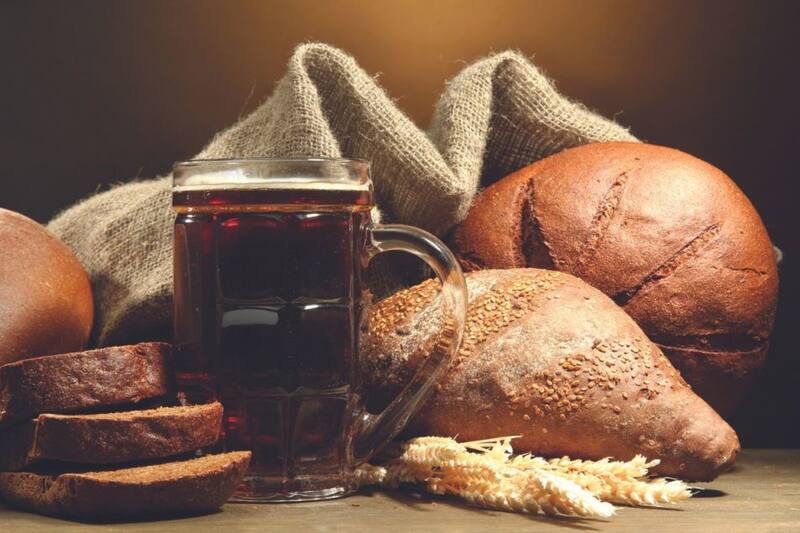
Now let's rewind the tape to the Stone Age. The situation was completely different. It was not entirely clear what could and could not be eaten. This is where it gets really exciting.
During this period, all humans lived in a more or less constant state of starvation. They had to try new foods to survive. It was during this period that people learnt that some mushrooms were edible, while others were poisonous. Certain plants did harm, and they absolutely should not eat this particular fish.
How did they acquire this knowledge? By testing. If you survived, there was a new dish on the menu. If you felt sick, the tribe avoided that ingredient in the future. If you died in terrible agony because you ate a fly agaric, it became a story retold for generations. Don't eat the red mushroom with white spots. Period.
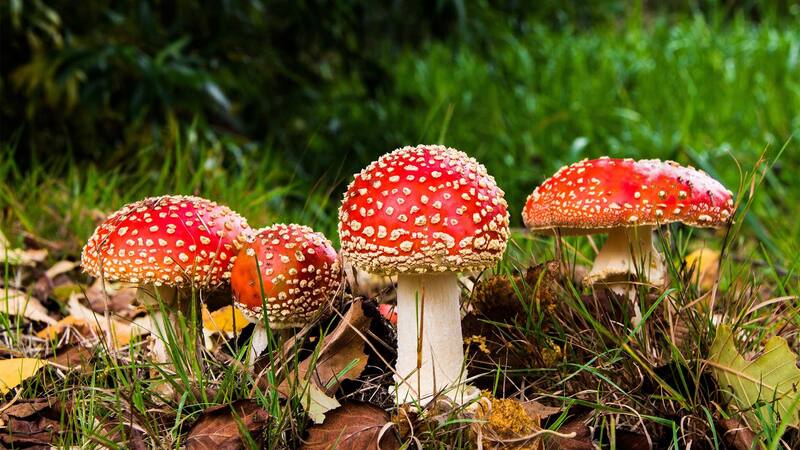
That's why we know that some things should not be eaten. Experimentation and sacrifice. Millions upon millions of people have felt sick and died from new foods they have tried. This has been going on since ancient times, and has very likely claimed hundreds of times more lives than all wars combined.
Every major city in the world has a Tomb of the Unknown Soldier. Bodies that could not be identified on the battlefield have been collected and buried there.
Let's also erect large monuments to the unknown food taster - The Tomb of the Unknown Chef. They who gave their lives to identify toxic ingredients thousands of years ago and laid the foundations for all the amazing food we can enjoy today.












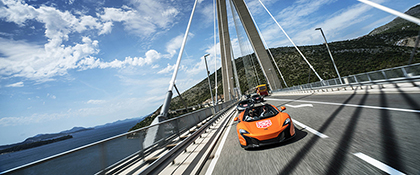
The latest news and stories. All the best roads, hotels and restaurants. Invitations to exciting events. Be the first to know by subscribing to our newsletter.
More news and stories from the world of Gran Turismo








































Our favourite roads, hotels, restaurants and places to visit
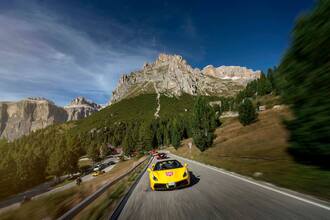


Beautiful road trips and famous racing tracks since 2002. Supercars only.

While our head offices are in Geneva, Switzerland, the team is spread throughout Europe: Sweden, Poland, Italy and Croatia. Please select the appropriate team member to contact below.
For general enquiries, you can always use info@granturismo.org. For event registrations, please use registry@granturismo.org.